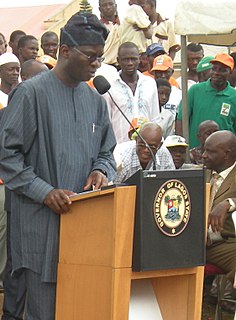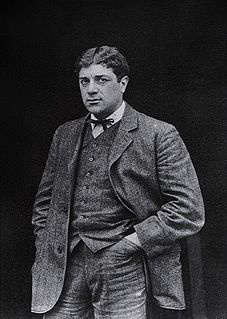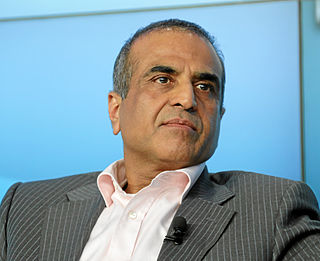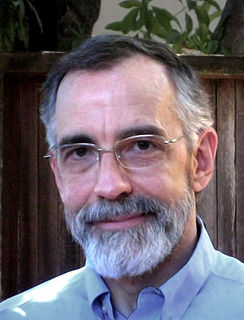A Quote by Tadao Ando
Related Quotes
What greatly attracted me - and it was the main line of advance of Cubism - was how to give material expression to this new space of which I had an inkling. So I began to paint chiefly still lifes, because in nature there is a tactile, I would almost say a manual space... that was the earliest Cubist painting - the quest for space.
From the clayey soil of northern Wyoming is mined bentonite, which is used as filler in candy, gum, and lipstick. We Americans are great on fillers, as if what we have, what we are, is not enough. We have a cultural tendency toward denial, but being affluent, we strangle ourselves with what we can buy. We gave only to look at the houses we build to see how we build *against* space, the way we drink against pain and loneliness. We fill up space as if it were a pie shell, with things whose opacity further obstructs our ability to see what is already there.
We are thus in the position of having to borrow from Europe to defend Europe, of having to borrow from China and Japan to defend Chinese and Japanese access to Gulf oil, and of having to borrow from Arab emirs, sultans and monarchs to make Iraq safe for democracy. We borrow from the nations we defend so that we may continue to defend them. To question this is an unpardonable heresy called 'isolationism.'
It has always been my experience that, whatever groupings I choose for my books, the space in which I plan to lodge them necessarily reshapes my choice and, more important, in no time proves too small for them and forces me to change my arrangement. In a library, no empty shelf remains empty for long. Like Nature, libraries abhor a vacuum, and the problem of space is inherent in the very nature of any collection of books.






































